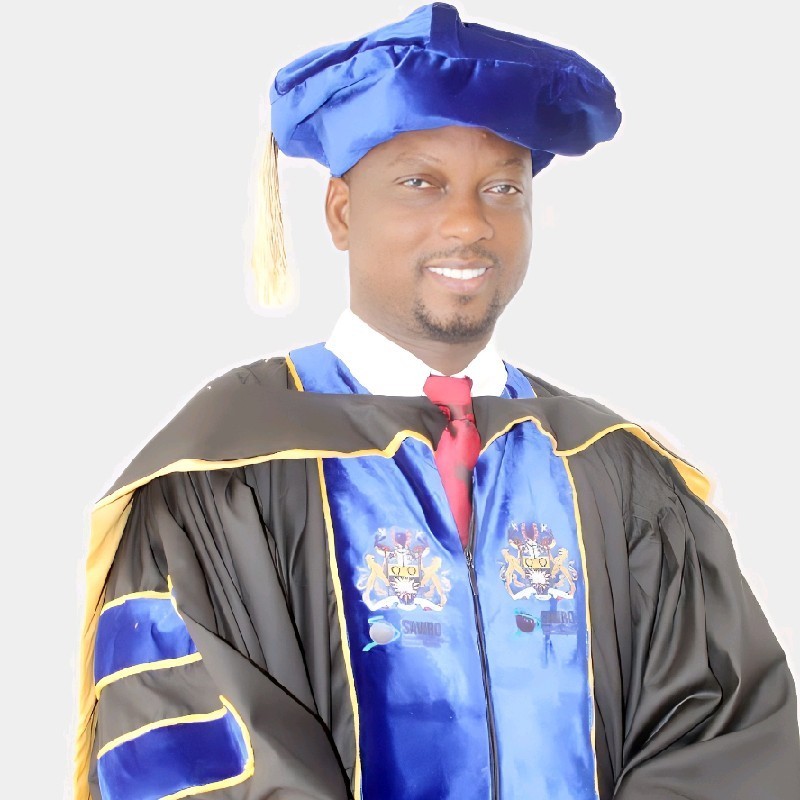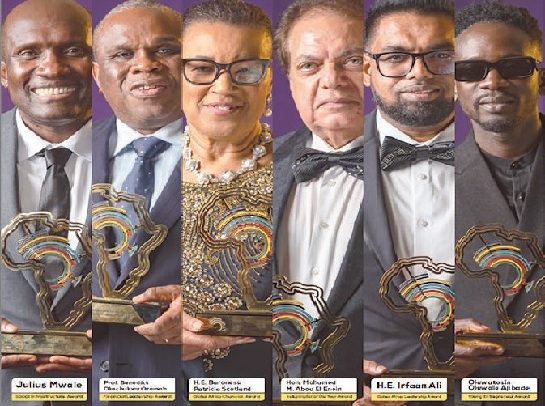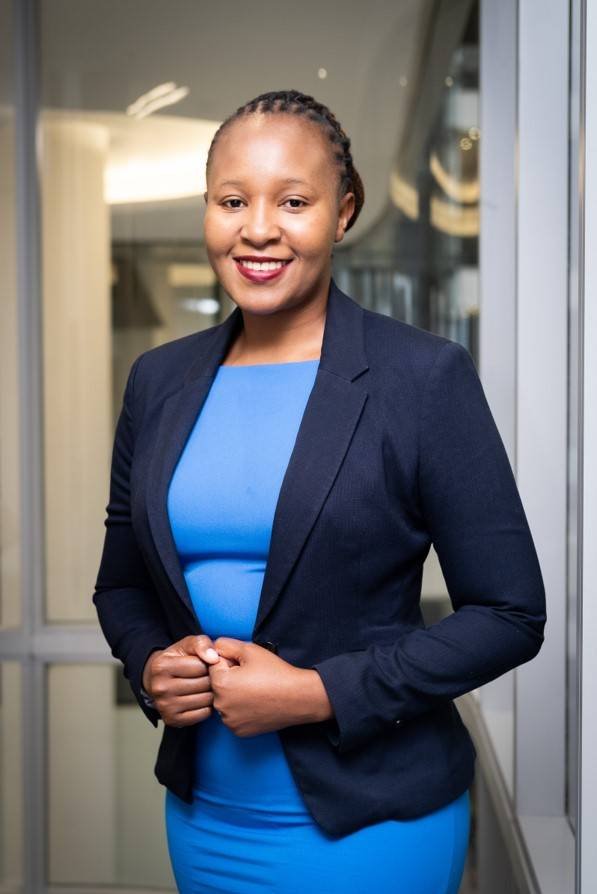
- promote African diplomacy for sustainable biodiversity conservation through active leadership and global collaboration
Biodiversity is incredibly important because it forms the foundation of life on Earth. From the smallest organisms to large animals, each contributes to the balance of ecosystems. This variety is not just a natural spectacle; it’s essential for the stability of the environment. Biodiversity provides crucial services like pollination, disease control, and nutrient cycling, supporting human survival.
Additionally, it offers genetic diversity, which helps species adapt to changing conditions. In simple terms, the well-being of our planet relies on the diversity of life it hosts. Underestimating the significance of biodiversity puts the delicate balance of nature at risk. Already, Africa boasts a remarkable biodiversity, hosting 25 percent of the world’s mammal species, 20 percent of its birds, and 16 percent of its plants. The continent’s ecosystems are not unique but also play a crucial role in preserving global biological diversity.
In this interview, the B&FT’s Ebenezer Chike Adjei NJOKU delves into aDryada’s role in shaping sustainable diplomacy in Africa, focusing on the importance of governments prioritising biodiversity conservation with its Chief Executive Officer (CEO) Fabio Ferrari (FF).
It is not just a business discussion; it is a journey through the delicate balance between economic interests and environmental responsibility. The conversation explores how aDryada combines economic strategies with a commitment to the planet, creating a narrative where business and conservation intersect in the pursuit of a sustainable future.
B&FT: As the CEO of aDryada, could you explain the role your company plays in promoting sustainable diplomacy in Africa, particularly in the context of biodiversity conservation?
FF: The restoration and protection of biodiversity is the reason for the existence of aDryada and a must for our planet. This explains why we are doing our best to convince the governments we trade with on the African continent to make it a priority.
We have three arguments available. First, biodiversity generates value in the large-scale reforestation projects we develop, both for countries and local populations. The variety of plant and animal species indeed allows the trees planted to better resist disease and climate change.
This allows the project to generate quality carbon credits, which are sold more expensively on the international market than those based on “fields of trees” planted for carbon. Ultimately, the income that will be distributed to the population and the host country is greater. Biodiversity is a key condition of this virtuous circle!
Our second argument, which is linked to the first one, is that high-biodiversity content is to become a prerequisite for nature-based projects to attract investors. Ardian, a world-leading investment house, and aDryada recently joined forces to launch the Averrhoa Nature-Based Solutions Fund. It aims at deploying €1.5 billion Eworth of projects and capital worldwide, especially in emerging countries. As you guessed, Averrhoa will only finance projects prioritising biodiversity, alongside the two other pillars of climate and local populations.
Finally, our last argument is that biodiversity credits will soon be a reality to better finance biodiversity protection and restoration. And everything that generates value must be preserved. In October 2022, aDryada co-founded an international association which aims to increase private financing in favour of biodiversity thanks to the creation of biodiversity certificates and the associated market.
We indeed consider that carbon credits are a financing tool which, by nature, will always have difficulty giving the place it deserves to biodiversity “value”. Moreover, we are convinced biodiversity credits are much more relevant than carbon ones to finance the protection of African forests. The Organization for Biodiversity Certificates (www.obiocert.org) already brings together more than 20 entities among which are Bouygues, Mirova, Pernod-Ricard, Gold Standard, SouthPole, Ardian, the ATIBT etc. and we are part of the Franco-British initiative on biodiversity credits.
African countries and companies willing to be involved in the association are welcome. So they will be able to participate in the creation of a financing tool of which they should be the first beneficiaries…
B&FT: The Karidja project in Ivory Coast is a significant example of your work in Africa. How do you see such initiatives impacting the willingness of African governments to prioritize biodiversity conservation?
FF: Time is our ally. Our projects show indeed that it is possible to generate financial flows for the benefit of host countries and their populations by prioritizing biodiversity, provided we can build a strong business model to attract international investors. As we redistribute part of the income to the host country, we share a common interest with African governments in acting in this direction.
The countries we are now working with give us the same positive feedback. Karidja in Ivory Coast is indeed our most advanced project in Africa, but we have also around 20 similar ones in our pipeline, in the whole tropical zone, notably in Brazil, Vietnam, Ghana, Tanzania, Philippines and Colombia.
I regret that certain announcements made by certain countries at the end of the African Climate Summit in September show that there is still a certain lack of understanding about the virtuous circle that we can initiate by working hand in hand. But time is our ally, I’m sure.
B&FT: Biodiversity certificates are a unique concept developed by aDryada. How can these certificates contribute to fostering collaboration between African governments and the global community for effective conservation models?
FF: Numerous initiatives have been recently launched in the world to create biodiversity certificates. However, those developed by the Organization for Biodiversity Certificates methodological consortium in partnership with the association members have, it is true, a major particularity: they aim to reward companies that carry out favourable local actions in favour of biodiversity at the local level. This is with a measurement that is both simple and scientifically sound.
I am convinced African governments should take up this subject and collaborate on initiatives like ours to leverage their natural assets. They should participate in the definition of a financial instrument and its market from which their country and their companies could be the first beneficiaries. But also to have a level of knowledge on the subject which allows them to weigh in international discussions on the subject.
B&FT: Could you elaborate on how aDryada engages with local communities in its projects, such as Karidja, and how this approach could inspire African leaders to take a more active role in biodiversity initiatives?
FF: Improving the living conditions of local populations is, as I told you, one of the three pillars of all our projects, alongside climate and biodiversity. The populations must live better with our projects than before their deployment – an essential condition for them to support it in the long term!
In practice, it means we always make local communities the main actors of reforestation. Thus, people first get an additional and regular remuneration for planting and managing the growth of trees. Then they are provided with permanent jobs for maintenance, monitoring and managing of the forest, with access to natural resources. At the same time, we help them to develop new activities, such as ecotourism.
It also means we provide villages and local communities with long-term financial and technical support so that they can build the infrastructure they need, like hospitals and schools. Finally, we also give them a share of the income from the sale of carbon credits generated by the forest and sold on the international market, according to terms defined by governments.
Our whole approach goes beyond current practices since we impose ourselves to deploy it according to the most demanding international standard in this area, “IFC Performance Standards” to name it. I’m convinced African governments should require all developers to abide by such a standard – or a similar one – when deploying nature-based projects. This would be insurance for their population benefit from the restoration of forests and biodiversity.
B&FT: What are some key strategies that aDryada employs to ensure that the conservation efforts it supports have a tangible impact on not only biodiversity but also the living conditions of people in Africa?
FF: Two principles are at the heart of our strategy in this area: transparency and audit. The standard that we follow – the IFC PS – requires regular monitoring of the improvement in the lives of populations – at the level of each individual! – and an audit to ensure that the results are obtained.
As I told you, I’m convinced African governments should require all developers to abide by such a standard – or a similar one – when deploying nature-based projects.
The post Towards sustainable diplomacy in Africa appeared first on The Business & Financial Times.
Read Full Story





















Facebook
Twitter
Pinterest
Instagram
Google+
YouTube
LinkedIn
RSS